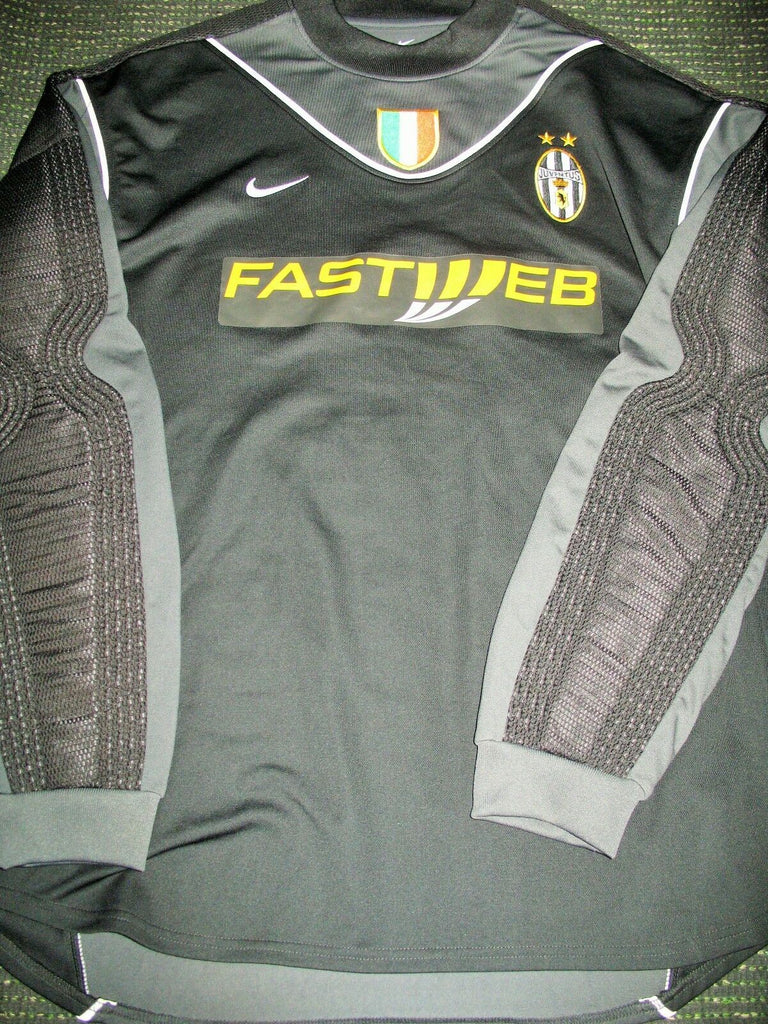

I come from a business approach but let’s say I need you to do something and it’s January, wouldn’t I rather have that player on 1 January rather than 31 January? We did almost nothing this summer on deadline day. What surprised you in the transfer market? How long clubs wait to make the decisions. Liverpool are doing a fantastic job on analytics. If you look at Barcelona, they’re raising money today because they built up things like Barça studios that they’re able to sell. Other teams have done great things on the commercial side. What a model: they are pulling players through, and you look not only at the players playing for their first team but at the Ajax graduates playing first-team football everywhere in Europe. We see notable examples from many different clubs. Which club is your role model? We do not have a specific club as a role model. Having a proper training centre is a tool for our youth and first teams to be competitive. We’re buying the land around our training centre and we want to bring all our teams here.

That support you get then comes back and helps build the rest of the club. I want the stadium to be a place to go seven days a week. Today you need a stadium that can support what you’re doing. You’re in the process of building a new stadium and expanding the training ground. Photograph: Luca Amedeo Bizzarri/LiveMedia/ Shutterstock Parma’s women’s team pictured in September with Kyle Krause. So to me it’s an integral part of what we do. It’s the right thing to do and we are also here to run a business. I come from America and to me it seems odd a little kid wouldn’t have the same opportunity to play the sport, boy or girl. Then we had an opportunity to get into Serie A from Empoli and we want to do great things. When I arrived, Parma had a women’s team in the fourth division which hadn’t received any focus and attention from the club management. Part of your ambition is also to build a top women’s team. Is he using data? Fabio is using data to manage how he trains, how he plays. Your head coach, Fabio Pecchia, was at Real Madrid and Newcastle on Rafa Benítez’s staff. The goal is for data to assist our scouts’ search for players on a larger scale, and to reduce time spent on players’ injuries and help with performance – not to make decisions for them. We’re not going to have somebody sit in a room and sign a player because of something they saw from an analytical standpoint. If I’m a nutritionist or physio and I have data I can do that better. Analytics is a way to help us to do our jobs better. Many people in Europe say: don’t use data for signings, scouts are better. Our chief performance and analytics officer, Mathieu Lacome, who joined us from Paris Saint-Germain, is doing an excellent job leading it. We also want to use performance analytics to try to create a competitive advantage.ĭata seems to be crucial for your project? Data is absolutely crucial and we plan to invest more resources in this area. You need a coach who wants to support young players. Tell us more … We need to provide within the academy proper coaching, nutrition, performance to support them and give them the feeling that they can grow with us. Is there a phrase that encapsulates your approach? We must develop talents for the academy who can be ready to perform in Serie A within the next 10 years.

For Parma to be successful we have to develop our academy and produce our own players. And then … we dream big, of course – but it needs time. What are the ambitions of your Parma project? It’s very clear: the first objective is to get promoted. Parma celebrate with the Uefa Cup in 1999 after beating Marseille 3-0 in final in Moscow.


 0 kommentar(er)
0 kommentar(er)
